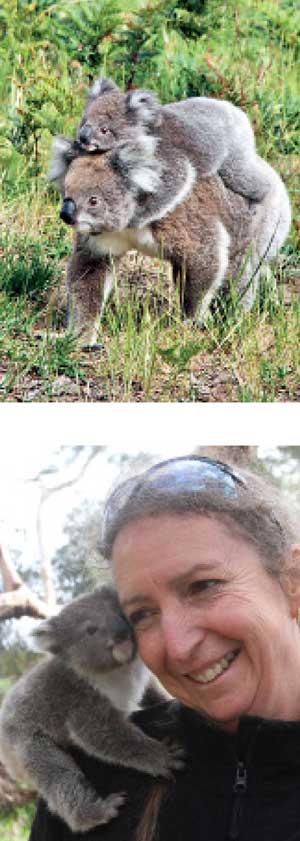12 Jul 2021 - {{hitsCtrl.values.hits}}
15th July at 6 pm
Please signup online on:
https://forms.gle/67vSKzH2uwXozkQq9
 By Dr Desley Whisson
By Dr Desley Whisson
World-wide, many native wildlife species have become locally abundant or have increased in geographic range. In some situations, this has resulted in impacts on human health or livelihood, damage to ecosystems through unsustainable browsing or grazing, introduction or spread of infectious diseases and parasites to new areas, and a reduction in species diversity or richness. There are numerous examples of such conflicts. In east Africa, populations of elephants in some reserves have increased and now are damaging their environment and coming into conflict with local communities. In Japan, the Sika deer has expanded its range by almost 70%, resulting in considerable browsing damage to crops and native vegetation.
Managing human-wildlife conflicts is challenging at the best of times but is especially so when the species at the centre of the conflict is iconic. In such cases, wildlife managers have the difficult task of developing socially acceptable management strategies. Although culling is used frequently for many species, it is rarely considered appropriate to manage iconic species, leaving translocation, fertility control, biocontrol (introduction of disease or predators), or habitat manipulation as the only management options.
In Australia, the iconic Koala presents some significant management challenges. Although populations are declining throughout much of its range, in some parts the southern states of Victoria and South Australia, Koala populations can reach high, unsustainable densities. In these situations, their browsing on preferred tree species can result in defoliation and widespread death of trees, leading to mass starvation of Koalas, and irreversible damage to the ecosystem. Management tends to be reactive in response to public pressure, and relies on translocation and fertility control, without regard to true effectiveness. In this presentation, Dr Desley Whisson will discuss the challenges of managing iconic species, using the Koala as a case study. She will discuss the pros and cons of translocation and fertility control, and the need for pro-active and scientifically-based management strategies.
The Nations Trust WNPS Public Lecture is presented in association with Nations Trust Bank and open to all.
24 Nov 2024 4 hours ago
24 Nov 2024 4 hours ago
24 Nov 2024 4 hours ago
23 Nov 2024 23 Nov 2024
23 Nov 2024 23 Nov 2024